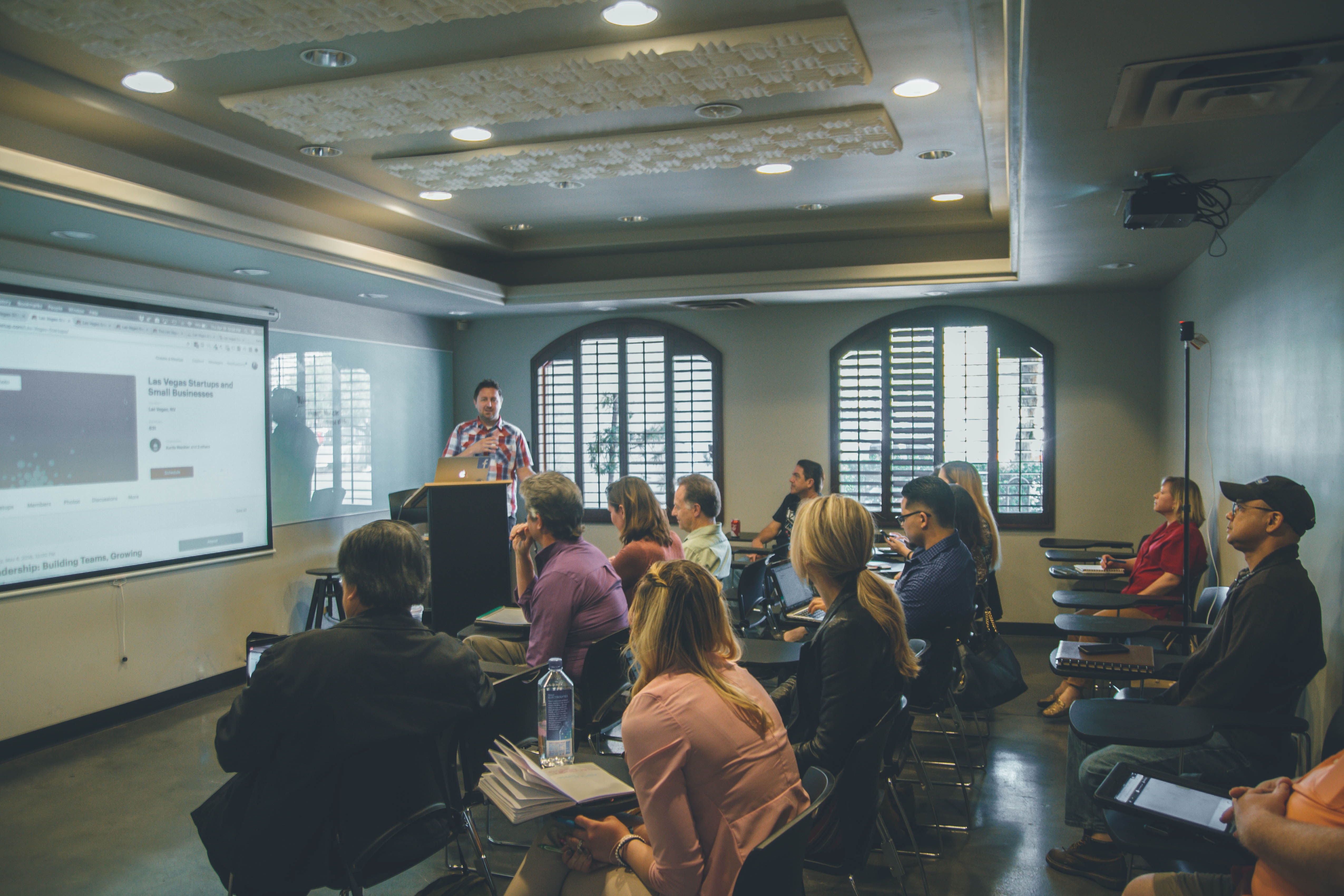

The SAFE Act mandates that mortgage professionals—including mortgage loan originators (MLOs) and mortgage brokers—must complete continuing education every year. Why? To ensure that your mortgage license remains active.
Typically, mortgage continuing education includes completing eight hours of courses through an NMLS-approved provider. While there is a set number of requirements across all 50 US states, some states include different requirements. It is therefore critical that you are aware of the mortgage continuing education requirements specific to your state.
In this article, we will define mortgage continuing education, look at examples in three different states, and provide resources for you to learn more about the requirements in your state. Here is everything you need to know about mortgage continuing education.
Mortgage continuing education is a requirement for licensed mortgage loan originators (MLOs) under the SAFE Act.
Every year, MLOs must complete a minimum of eight hours of education approved by the Nationwide Mortgage Licensing System (NMLS). This NMLS-approved education covers federal law and regulations, as well as state-specific topics.
The breakdown of the mortgage continuing education requirements looks like this:
The mortgage continuing education must be completed before submitting paperwork for license renewal through the NMLS website.
One thing to keep in mind is that MLOs need their NMLS number to start their mortgage continuing education training.
The NMLS recommends finishing your 2023 mortgage continuing education according to these renewal deadlines:
Keep in mind that different US states may have different deadlines. Do a search to find your state-specific mortgage continuing education deadline for 2023.
Every state requires at least eight hours of NMLS-approved continuing education. However, some states do require additional hours. On the other hand, some states do not require any state-specific continuing education.
For instance: Florida requires a seven-hour national continuing education course and one hour of Florida state-specific training.
In Colorado, on the other hand, you are required to do an eight-hour national continuing education course to keep an MLO license active in that state.
If you are licensed in more than one state, you must ensure that you review your state requirements and follow them closely.
To complete your mortgage continuing education, there are numerous course formats available to you. Choose the format that best suits your learning style. Here is a look at three popular course formats for you continuing education:
Online self-paced video
An online self-paced video offers the exact same content as standard online self-paced courses. However, you will watch and listen as a recorded instructor explains the course content to you. This is the quickest way to take your course. Plus, it simply requires that you press play on the different videos.
A true self-paced course format, online self-paced requires you to read and work through a text-based course without the aid of an instructor.
Webinars are fast paced and are taught by a live instructor. The benefit of using a webinar is that you will have the opportunity to meet, interact, and ask questions.
While there are NMLS requirements nationally, there are also state-specific mortgage continuing education requirements. Let’s look at the requirements for mortgage brokers in Tennesse, from pre-licensing requirements to continuing education requirements.
First, here is a checklist of what MLOs in Tennessee are required to do:
Next, let’s look at Tennessee’s NMLS pre-licensing education requirements. New state licensed MLOs are required to successfully complete 20 hours of NMLS-approved education. Here is a breakdown of these requirements:
And finally, let’s look at Tennessee’s mortgage continuing education requirements:
Remember: MLOs in Tennessee are advised that to comply with the SAFE Act’s successive years rule, they must not take the same continuing education course two years in a row.

To ensure your license remains active, you must undergo mortgage continuing education each year.
Mortgage loan originators licensed in Florida must take eight hours of NMLS-approved continuing education every year.
The breakdown of the continuing education is seven hours of NMLS core education and a one-hour Florida state-specific elective. The deadline for mortgage continuing education in Florida is December 31.
The eight hours of Florida’s NMLS continuing education requirements are as follows:
You will be placed on inactive registration if you fail to renew your license on time in Florida. You can avoid this, however, by ensuring your NMLS continuing education courses have been successfully completed before the December 31 deadline. By doing this well before the deadline, you will ensure all of your records can be updated in time for you to renew.
While planning to renew your license, remember the NMLS deadlines in Florida:
Another option is to take your one-hour Florida state-specific course late with a FL late CE course. This will ensure that all of the necessary requirements have been met.
In California, your MLO license is issued by the Department of Financial Protection and Innovation (DFPI) or the Department of Real Estate (DRE).
The mortgage continuing education requirements for the DRE are a minimum of eight hours required by the SAFE Act. No California state-specific education is required, and all education must be completed by the December 31 deadline. You can also choose a dual-credit NMLS/DRE CE course, which provides eight hours of both NMLS and DRE real estate continuing education credit.
The DFPI requirements, on the other hand, include seven hours of core mortgage continuing education and one hour of California DFPI elective course. As with the DRE, the deadline for all education must be completed by the December 31 deadline.
Let’s look at the general SAFE Act mortgage continuing education requirements in the state of California:
Mortgage loan originators are essential to the mortgage industry, helping families and business owners along their way to buying the home that will make their dreams come true. Understanding the SAFE Act mortgage continuing education is critical to renewing—and keeping—your license and continuing to build yourself up in your career.
Remember: the more knowledge you have, the better off you and your clients will be.
If you're truly interested in becoming a mortgage loan originator, read through our 10-step guide. Then, take the time to look at the mortgage professionals we highlight in our Best of Mortgage section. Here you will find the top performing mortgage professionals, including mortgage loan officers, across the USA.
Have experience with the SAFE Act mortgage continuing education? Let us know in the comment section below.
Our daily newsletter is FREE and keeps you up to date with the world of mortgage. Please complete the form below and click on SIGN UP to receive daily e-newsletters from Mortgage Professional.